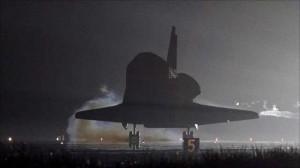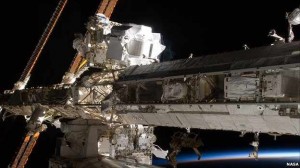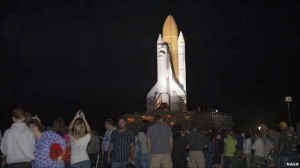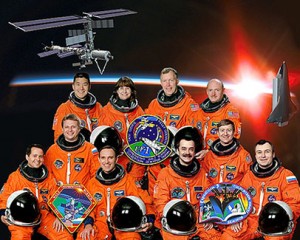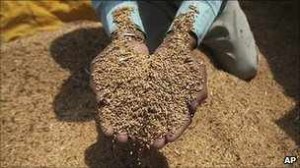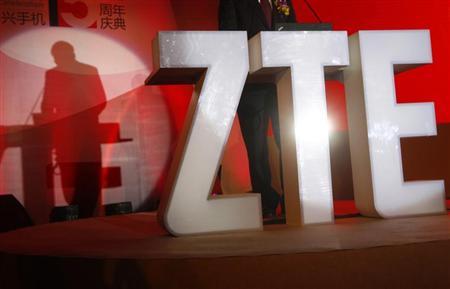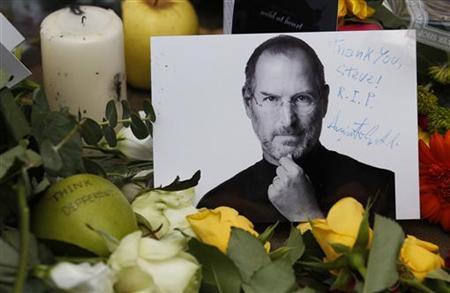Space shuttle Endeavour has brought its 19-year operational career to a close with a textbook landing in Florida.
The vehicle swept into a night-time touch-down at the Kennedy Space Center after a successful trip to the International Space Station (ISS).
The US space agency (Nasa) is retiring its shuttle fleet and Endeavour will now be prepared for public display at a science museum in Los Angeles.
Only the Atlantis ship has yet to make a final outing.
It was moved to Kennedy’s one active launch pad late on Tuesday night to get it ready for that swansong, which is expected to occur next month.
Endeavour’s rear wheels touched the runway at Kennedy at 0234 local time (0634 GMT).
“Your landing ends a vibrant legacy for this amazing vehicle that will long be remembered. Welcome home, Endeavour,” Mission Control radioed to the ship once it had come to a stop.
“It’s sad to see her land for the last time, but she really has a great legacy,” responded Commander Mark Kelly.
Endeavour was the youngest member of the fleet, built as a replacement for the Challenger vessel which was destroyed on launch in 1986.
The vehicle made its maiden flight on 7 May, 1992. On completion of this 25th and final mission, it has spent a cumulative 299 days in orbit, travelling more than 197.6 million km (122.8 million miles) in the process.
Nasa is committed to ending its shuttle programme because the vehicles are too costly to maintain. The agency believes a more affordable approach to getting astronauts to the ISS can be achieved by contracting out their transport to private companies. The first of these commercial carriers is expected to enter service sometime in the middle of the decade.
Nasa will concentrate its efforts and resources on a Multi-Purpose Crew Vehicle (MPCV) that can go beyond the space station to destinations such as asteroids.
“We are very proud of Endeavour’s legacy, and this penultimate flight of the space shuttle programme once again demonstrated the amazing skill and dedication of our astronauts and the entire workforce,” Nasa Administrator Charles Bolden said in a statement.
“As we begin the transition from the shuttle programme to the commercial transportation of our crews and cargo, our ability to tackle big challenges remains steadfast and will ensure that Nasa reaches even more destinations farther in the Solar System.”
Endeavour spent just over 11 days attached to the ISS following its launch on 16 May. The ship, with its crew of six, had gone to the platform to install the Alpha Magnetic Spectrometer (AMS), a seven-tonne detector designed to survey the blizzard of high-energy particles that are fired at Earth from all corners of the cosmos.
Scientists hope that by characterising these cosmic rays, they can learn more about the origins and make-up of the Universe.
Endeavour had also carried up a tray of critical spare parts for the ISS that included cooling, robotic and communications equipment. The four spacewalks conducted by Endeavour crewmembers Drew Feustel, Mike Fincke and Greg Chamitoff, to carry out routine maintenance on the exterior of the platform, were the last in shuttle history.
And by flying on this mission, Fincke, a colonel in the United States Air Force, has broken the record for the most time spent in space by an American. His 382 days in orbit just beats the 377-day mark set by Peggy Whitson.
Much of the media focus on Endeavour’s flight has centred on Mark Kelly. He stood down from the mission briefly in January when his wife, Arizona Congresswoman Gabrielle Giffords, was shot in the head by a gunman at a constituency meeting outside a Tucson supermarket.
She made sufficient progress in her rehabilitation to permit Kelly to re-join the mission, and was even present to see Endeavour’s launch from Kennedy on 16 May. But Ms Giffords was not present for the landing.
Nasa is already looking towards the Atlantis flight. Just as Endeavour was landing, the sister ship was moving into position at Launch Pad 39A.
Thousands of Kennedy workers and their families had turned out to witness the historic roll-out. “The show pretty much tells itself,” said Christopher Ferguson, the astronaut who will command Atlantis on its July voyage. “We’re going to look upon this final mission as a celebration of all that the space shuttle has accomplished over its 30-year life span.”
Source : BBC News / NASA







